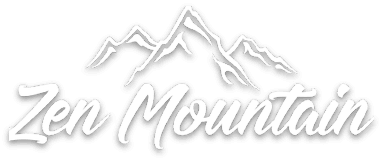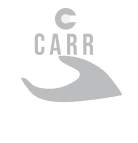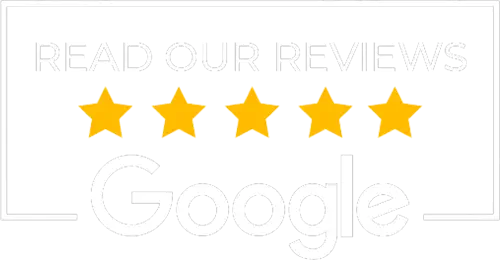drop us a line.
Making the next big step in your recovery is very significant, and deciding which sober living home is right for you is no different. Your questions or concerns are of the utmost importance to us. We strive for the quickest response time possible and know the urgency for you to find answers.

Zen Mountain Sober Living
Centennial, CO 80122
Centennial, CO 80122
Office Hours
Mon: 9am - 6pm
Tues: 9am - 6pm
Wed: 9am - 6pm
Thurs: 9am - 6pm
Fri: 9am - 6pm
Sat: 9am - 6pm
Sun: 9am - 6pm
Mon: 9am - 6pm
Tues: 9am - 6pm
Wed: 9am - 6pm
Thurs: 9am - 6pm
Fri: 9am - 6pm
Sat: 9am - 6pm
Sun: 9am - 6pm

